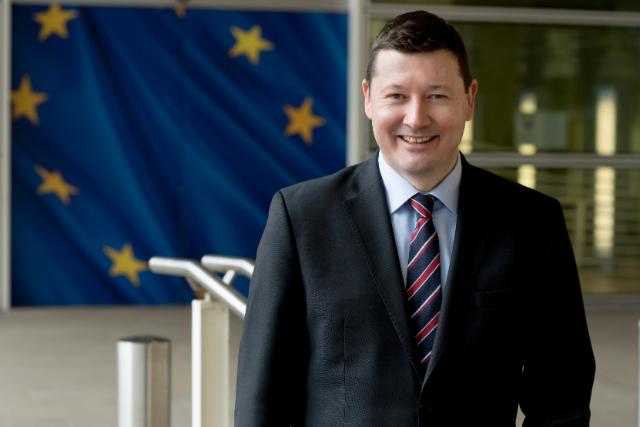Today, the EU Commission’s response to the EU Ombudswoman’s allegations in the case of Martin Selmayr’s appointment as Secretary General of the EU Commission was published: https://www.politico.eu/wp-content/uploads/2018/12/488-2018_and_514-2018_reply.pdf
The Ombudswoman had criticised several instances of maladministration including the artificial urgency of the appointment of Martin Selmayr as Secretary General just minutes after the former Secretary General Alexander Italianer had announced his resignation. Yet, Selmayr’s predecessor Alexander Italianer had announced his resignation for February 2018 many months in advance to Commission President Jean-Claude Juncker and did what he had said. Martin Selmayr knew about the announced resignation months in advance, too.
The European Parliament’s rapporteur for transparency, accountability and integrity in the EU institutions, Sven Giegold, said:
„The Commission’s reply to the Ombudswoman on the Selmayr case is non-credible and shows unwillingness to learn. Commission’s leadership pretends to be surprised by a resignation known internally for months simply because they wanted to prevent it. This self-portrayal of the Commission’s leadership as dreamers unwilling to face reality is revealing. A well prepared recruitment procedure was avoided because either Commission’s leaders did not want to acknowledge reality or deliberately circumvented the rules. Either way, the Selmayr cloak-and-dagger recruitment must not be repeated in future.
The Commission presents appointments through transfer and by avoiding the internal vacancy notice and selection procedures as normal. In strong opposition to these dealings, Parliament had called for open and transparent appointment procedures as the general rule for the future. In times in which the European Union faces scepticism and distrust by some of its citizens, Jean-Claude Juncker and Martin Selmayr did not help to tackle the pernicious myths of a self-serving old boys club. The Commission president should relief the Union of this this burden by reorganising the selection procedures in time before the European elections. The European Parliament must bring its own house in order. President Antonio Tajani must make the filling of Parliament’s leading administrative positions open and transparent.”
—————
Reply by Commission to EU Ombudsman published today: https://www.politico.eu/wp-content/uploads/2018/12/488-2018_and_514-2018_reply.pdf
“The Commission also rejects the observation that it would have created an artificial time constraint; on this point both the President and his former Head of Cabinet tried, until the very last day, to convince the former Secretary-General to stay on in his function, and it is only on 20 February 2018 that the retirement of the previous Secretary-General was communicated to the President of the Commission, when he informed the President about his intention to submit his retirement letter the next morning. These facts could have been confirmed by the former Secretary-General and by the former Head of Cabinet of the President. The Commission notes that the European Ombudsman did not hear these two persons who could have explained and confirmed these facts.”
“The Ombudsman’s conclusion that the urgency of the Secretary-General’s appointment was “artificial” is based on a fundamental misunderstanding of the autonomous concept of transfer on the basis of Article 7(1) of the EU Staff Regulations known in the case law as “reassignment with the official’s post”.
No exceptional circumstances are required to reassign an official with his/her post. In particular, the concept of there being a serious and urgent situation is certainly not a necessary condition for an Article 7(1) transfer. The Commission has always stressed that transferring the former Head of Cabinet of the President to the function of Secretary-General was in the best interest of the service and was possible because it is a function which corresponds to the function group and grade he had at the time and still has.
The Commission would also like to insist: (1) on the specificities of the role of the Secretary General and its importance from a political and administrative point of view in implementing the agenda of the President of the Commission and therefore, on the necessity to have a fully operational Secretary-General at all times; and (2) on the fact that both the President and his former Head of Cabinet tried, until the very last day, to convince the former Secretary General to stay on in his function.”

